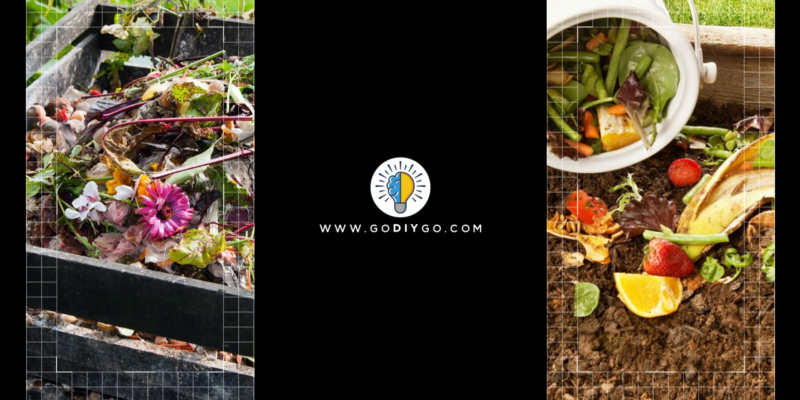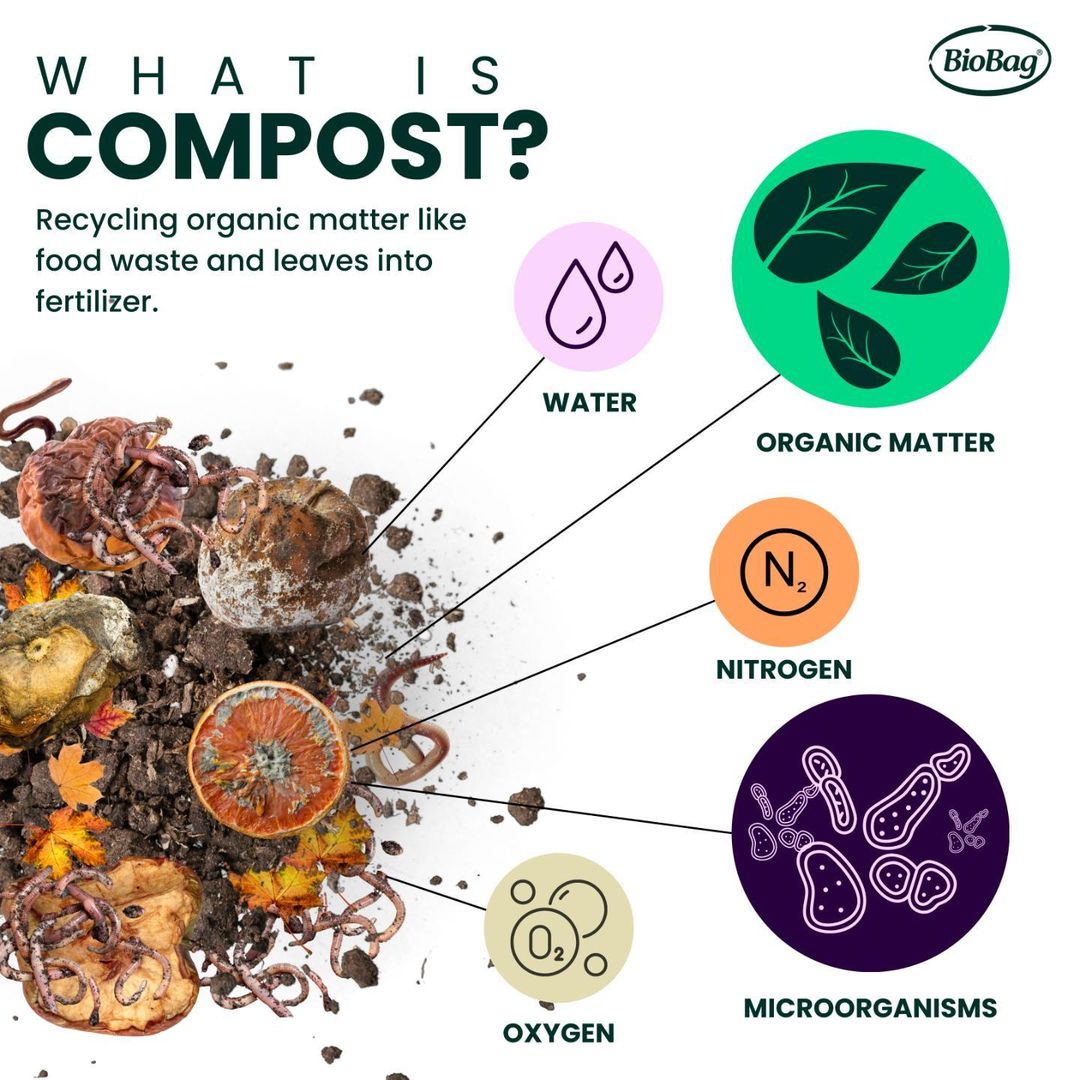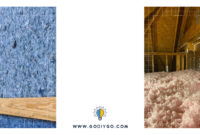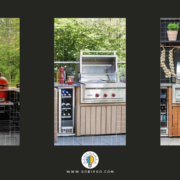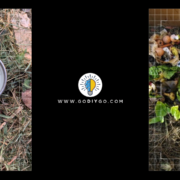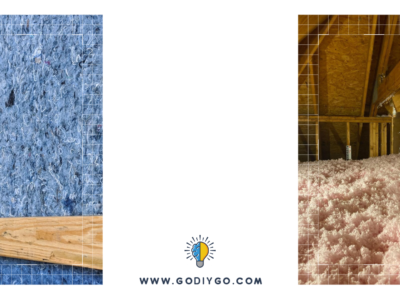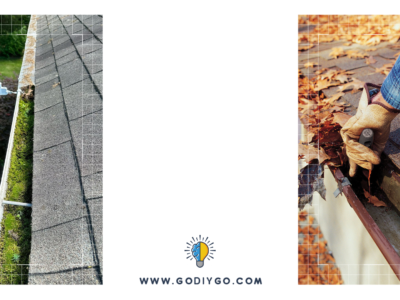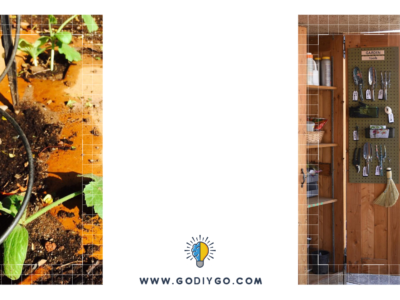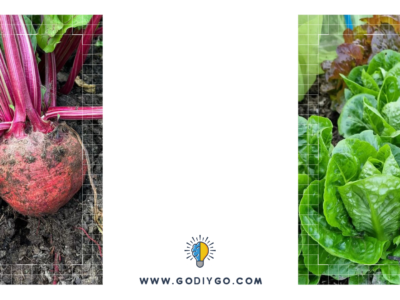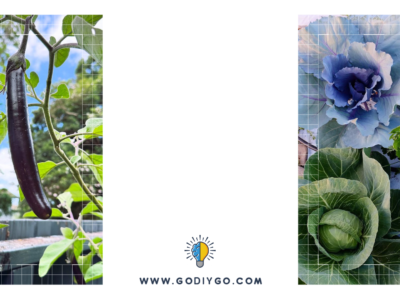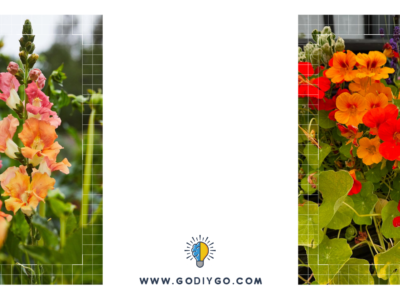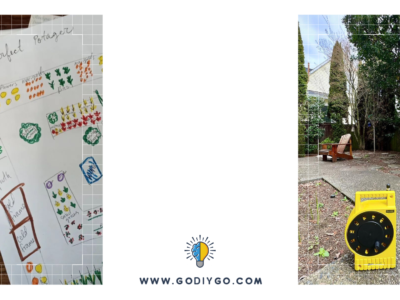Did you know that Americans throw out around 292 million tons of trash every year? Yup, that’s a lot! But here’s the thing: only about half of it actually goes to regular landfills. The other half? Well, some of it gets recycled, like stuff made of glass, paper, plastic, or metal. But what about the rest? That’s where composting comes in. But what exactly is compost?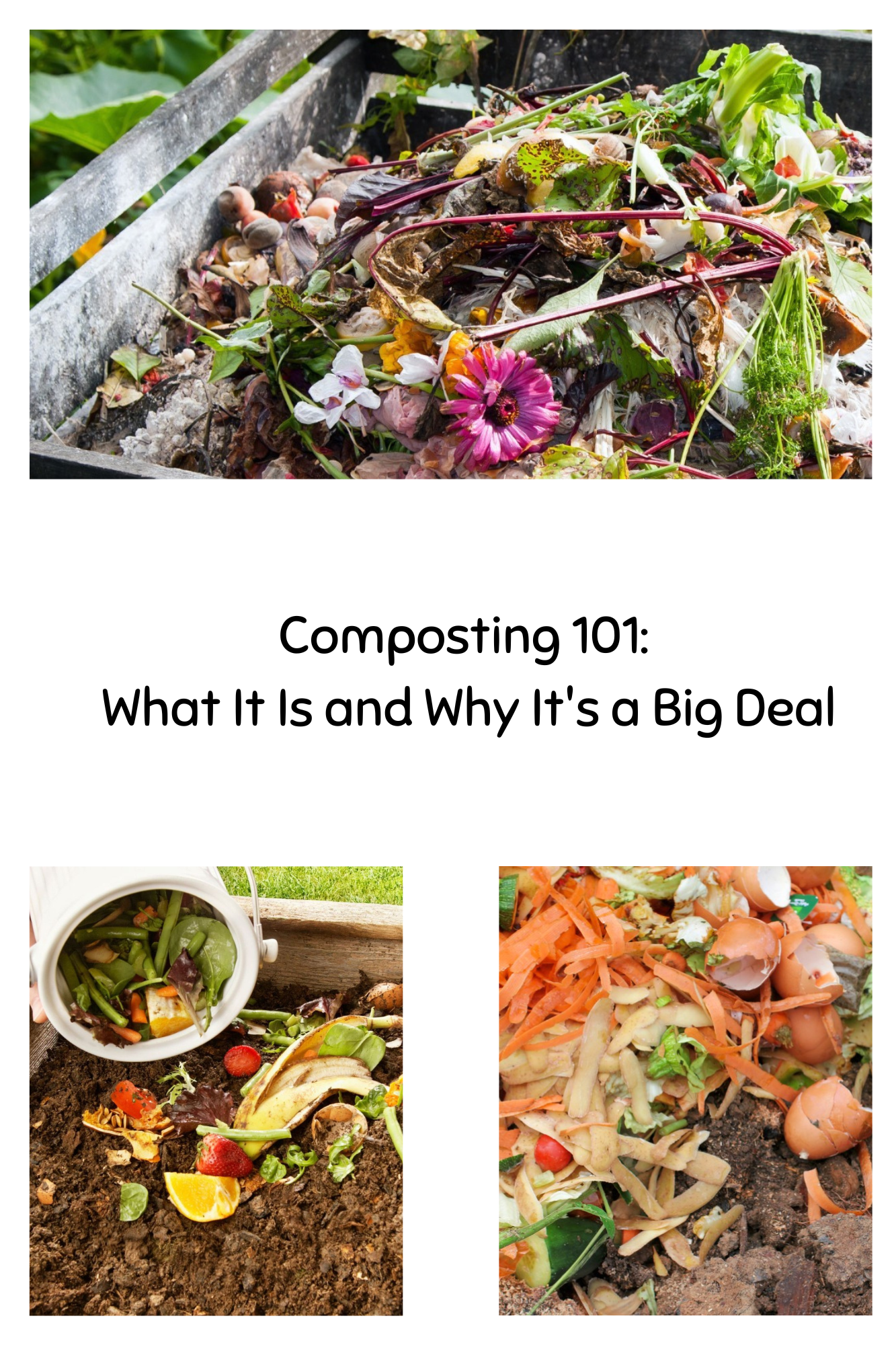
Composting is like nature’s recycling system! You take stuff like grass clippings, leaves, food scraps, even coffee grounds, and let them break down naturally with the help of tiny organisms and oxygen. It’s a bit of an investment, but totally worth it. In the end, you get this awesome stuff called compost or humus, which is like supercharged fertilizer for your yard and garden. It’s all-natural and helps your plants grow big and strong.
Composting Biology
Composting is like creating a backyard ecosystem. You gather newspapers, leaves, kitchen scraps, and coffee grounds, letting them mix with water and air. Microorganisms get to work, breaking down this mix into humus—a nutrient-rich superfood for plants, full of nitrogen, phosphorus, and potassium. These microorganisms thrive on oxygen, so turning the compost pile gives them the fresh air they need to stay active and productive.
They’re quite particular! Microbes not only need oxygen but also require water to thrive and reproduce. As they digest organic waste, they release carbon dioxide and generate heat, heating compost piles to temperatures of 100 to 150 degrees Fahrenheit (38 to 66 degrees Celsius)! With regular turning and watering, your compost will be ready in just a few weeks—a bustling hub of natural activity right in your own backyard!
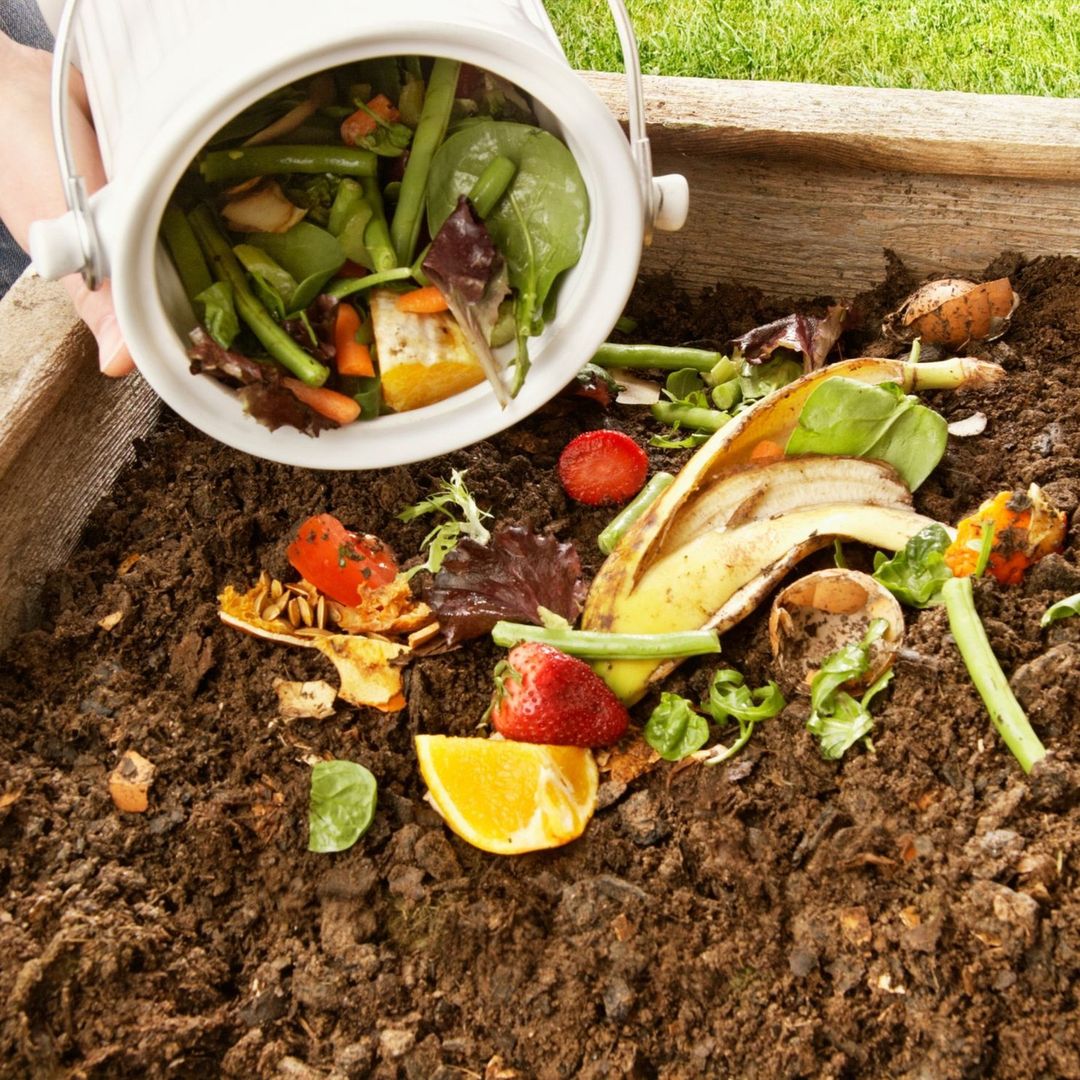
Transforming kitchen and garden waste into rich, nutrient-packed soil through home composting not only champions environmental friendliness but also cultivates a thriving ecosystem underground. Home composting from @ devoncountycouncil
To keep things running smoothly in your compost pile, you’ve got to maintain the right balance. Here’s the checklist:
- Air: Your compost needs to breathe! Give it a good turn every four to seven days, especially in the beginning when things are just starting to cook.
- Water: Just like us, your compost pile needs hydration. Keep it moist, but not drenched. A light spray once a week should do the trick.
- Carbon to Nitrogen Ratio: Think of this like a recipe for success. Aim for a mix of about 30 parts carbon to 1 part nitrogen. It’s like finding the perfect balance of ingredients in a dish.
- Size Matters: Break things down into smaller pieces. The smaller, the better! It helps speed up the breakdown process. So, chop up those big chunks and toss them in.
With these tips, you’ll be on your way to composting greatness! Just remember, a little love and attention go a long way in creating that perfect pile of nutrient-rich compost.
Why Compost?
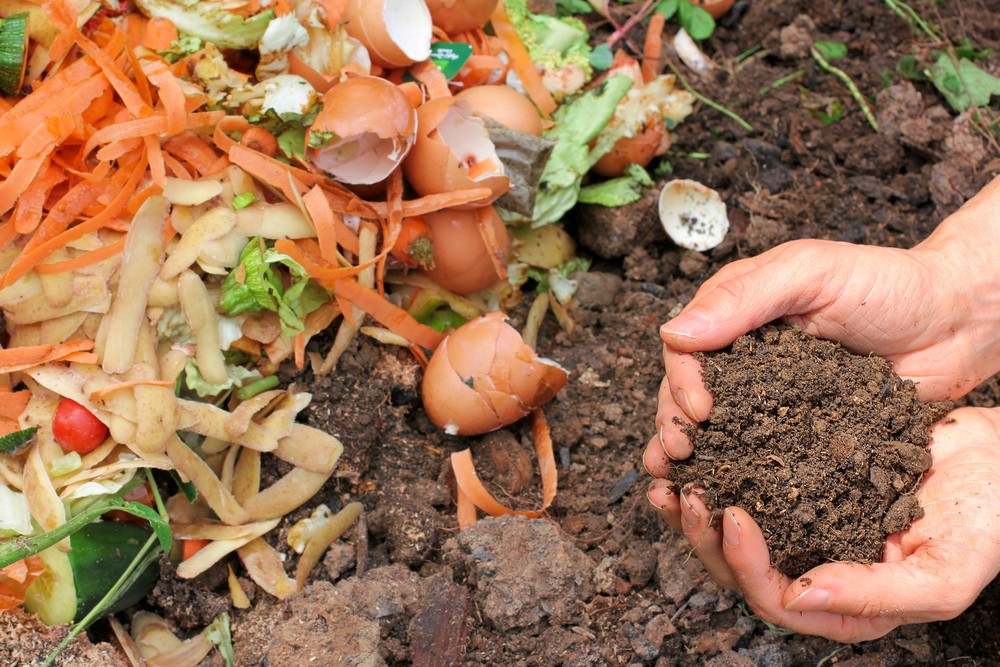
This stuff is like gold for your garden, acting as a natural fertilizer that’s way friendlier to the environment than those synthetic ones. Compost from @ mackaycouncil
Composting is like hitting two birds with one stone! Not only does it help shrink the amount of trash you toss out, saving space in landfills and potentially lowering your tax bill, but it also gives you this amazing finished product: compost.
Now, here’s where the real magic happens: tiny organisms like bacteria and fungi are the superheroes of the composting world. They’re the ones breaking down all that organic matter into the good stuff. But they’re not alone! Single-celled critters called protozoa, along with nematodes and mites, join in the feast, munching on bacteria and fungi. And guess what? There are even bigger predators in the mix, like predatory nematodes and mites, as well as invertebrates such as sowbugs, millipedes, and beetles. It’s like a whole ecosystem working together to keep everything in balance and make composting super efficient. Mother Nature sure knows how to throw a party!
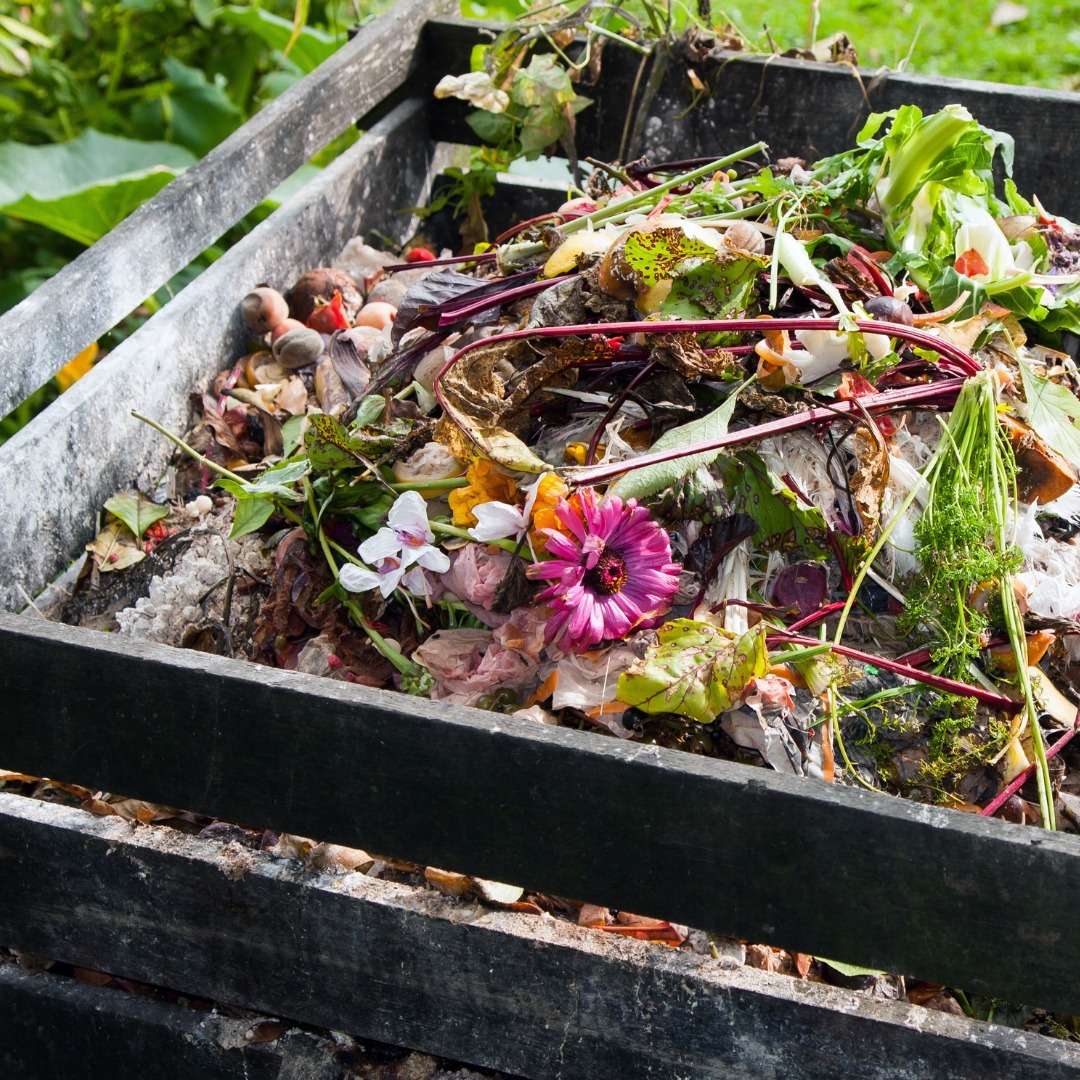
Give composting a try at home and turn your food scraps into awesome soil for your garden! Composting journey from @ biodynamicuk


